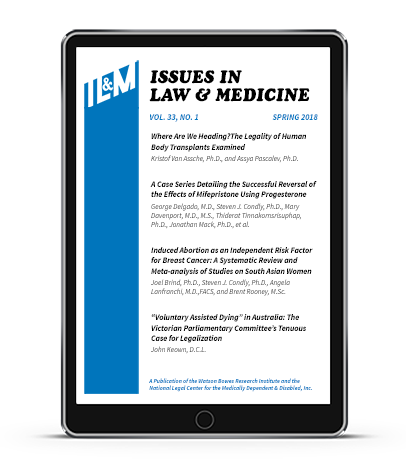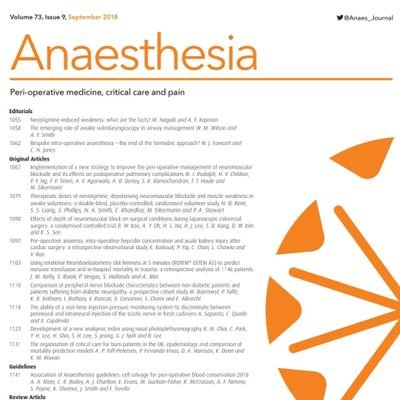 A lab at the University of Malaya has lost two papers and will have to correct five more — just from one publisher — over poor lab practices.
A lab at the University of Malaya has lost two papers and will have to correct five more — just from one publisher — over poor lab practices.
One of the retracted papers paper tested the effects of a plant on liver damage; its notice says the paper contains overlap with another paper from the same lab that tested a different plant for the same effect — but to save time and cut costs, the authors tested both plants in animals at the same time, and collected their tissues using one kit and protocol.
The publisher (Hindawi) decided to take a second look at the work coming out of the lab of Mahmood Ameen Abdulla after people raised questions about some of his previous work, including a Scientific Reports paper that was corrected for mistaken duplications, according to Matt Hodgkinson, the head of research integrity at Hindawi. After Hindawi spotted problems, it contacted the institution, which investigated.
According to Hodgkinson, the UM investigation concluded the problems were due to errors, not deliberate misconduct. Hindawi plans to correct five more papers from Abdulla’s lab, after consulting with Hindawi’s board members following UM’s investigation:
Continue reading Publisher retracts two papers, will correct five more for lab with high “level of disorganization”
 Tokyo Women’s Medical University has stripped a researcher of her PhD, following the retraction of a paper — for data duplication — that was based on her thesis.
Tokyo Women’s Medical University has stripped a researcher of her PhD, following the retraction of a paper — for data duplication — that was based on her thesis. Before we present this week’s Weekend Reads, a question: Do you enjoy our weekly roundup? If so, we could really use your help. Would you consider a
Before we present this week’s Weekend Reads, a question: Do you enjoy our weekly roundup? If so, we could really use your help. Would you consider a  A study that claimed a highly controversial “abortion reversal” method was effective — and which was temporarily removed from a journal’s site — has been republished.
A study that claimed a highly controversial “abortion reversal” method was effective — and which was temporarily removed from a journal’s site — has been republished.  Journals have retracted all but 19 of the 313 tainted papers linked to three of the most notorious fraudsters in science, with only stragglers left in the literature. But editors and publishers have been less diligent when it comes to delivering optimal retraction notices for the affected articles.
Journals have retracted all but 19 of the 313 tainted papers linked to three of the most notorious fraudsters in science, with only stragglers left in the literature. But editors and publishers have been less diligent when it comes to delivering optimal retraction notices for the affected articles. 

 A lab at the University of Malaya has lost two papers and will have to correct five more — just from one publisher — over poor lab practices.
A lab at the University of Malaya has lost two papers and will have to correct five more — just from one publisher — over poor lab practices. For the second time in a week, we’ve come across a retraction notice that gave the wrong reason for the retraction.
For the second time in a week, we’ve come across a retraction notice that gave the wrong reason for the retraction.